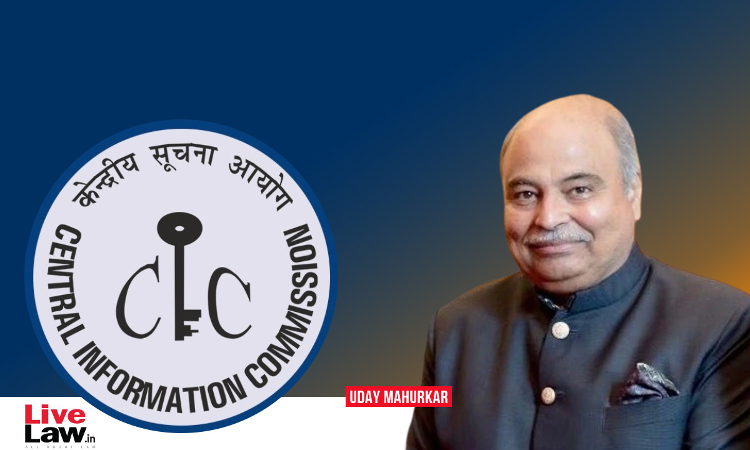Supreme Court's 1993 Order On Salaries To Imams Violated Constitution Of India, Set A Wrong Precedent: CIC
Sparsh Upadhyay
29 Nov 2022 2:06 PM IST

Next Story
29 Nov 2022 2:06 PM IST
The Central Information Commission has observed that the Supreme Court's Judgment in All India Imam Organisation and v.Union of India and ors. [May 1993] was passed in violation of the constitution and had set a wrong precedent. It may be noted that in the All India Imam Organisation case (supra), the Supreme Court had directed the State Waqf Boards to give remuneration to Imams...
